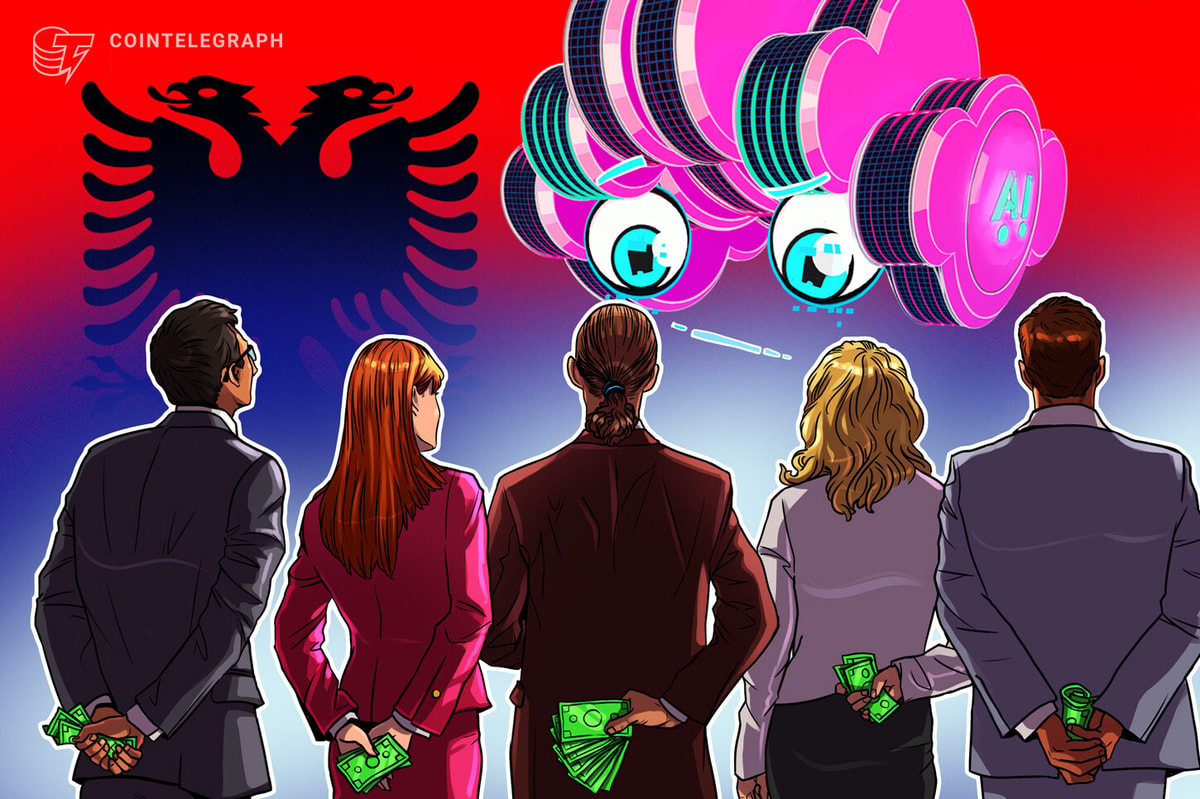Chainlink, a blockchain oracle supplier, and UBS, a $5.9 trillion asset supervisor, have partnered with DigiFT for a pilot research to automate real-world tokenization funds. This function may get rid of handbook errors, in accordance with the businesses.
If profitable, the research may have implications for RWA tokenization in Hong Kong, a particular administrative area of China.
According to the announcement, the three teams are “creating a regulated blockchain-based infrastructure designed to automate and streamline the distribution, settlement, and lifecycle administration of tokenized merchandise […].”
The research is a part of Hong Kong’s Cyberport Blockchain & Digital Asset Pilot Subsidy Scheme, a sandbox that checks new crypto concepts for future implementation in Hong Kong.
According to the mission’s workflow, buyers first submit subscription or redemption requests for UBS’s tokenized merchandise by way of DigiFT’s good contracts. Those directions are then processed by Chainlink’s Digital Transfer Agent contracts, which act because the infrastructure layer to confirm the orders and report them instantly onchain.
Once processed, the orders set off the corresponding issuance, redemption and different lifecycle occasions on UBS’s tokenized product contracts, which is alleged to comply with the Capital Markets Technology Association (CMTA) Token requirements, a framework developed in Switzerland to harmonize the issuance of digital securities.
Some different crypto concepts into consideration in Cyberport are decentralized identification, funds and stablecoins, and blockchain for social innovation and digital expertise.
Unlike mainland China, Hong Kong has a clear regulatory framework for digital belongings. However, it’s nonetheless topic to China’s guidelines, such because the reported forthcoming crypto restrictions on Chinese firms working within the administrative zone.
DigiFT, an change that makes a speciality of tokenized belongings, is offering suggestions on whether or not the technological implementation meets the compliance and interoperability necessities of the zone’s monetary establishments.
Manual reconciliation and changes of funds can lead to monitoring errors or conditions the place the worth of a fund doesn’t equal the worth of the underlying asset.
Trends in automation of RWA tokenization funds embrace decentralized finance integrations and yield technology. Because automation can improve effectivity, implementing it could decrease prices, which brings in additional income for the fund operator or is handed on to the buyers.
Related: $400T TradFi market is a big runway for tokenized RWAs: Animoca
RWA tokenization on the rise in 2025
RWA tokenization has gained momentum in 2025 as establishments have entered crypto and crypto exchanges have dabbled in conventional finance areas. For a 30-day interval ending on Aug. 29, tokenized institutional various funds jumped 47% to $1.74 billion, and the general RWA tokenization market cap has largely trended upward in 2025.
According to CoinGecko, the market capitalization of all real-world asset cash, which embrace protocols and tokenized belongings, has reached $66 billion right now of writing. That quantity is up 1.8% previously 24 hours.
Traditional finance establishments and crypto exchanges have cross-pollinated the world of real-world asset tokenization. BlackRock and Franklin Templeton have funds backed by US Treasurys, and Kraken and Bybit have explored tokenized shares.
Magazine: Can Robinhood or Kraken’s tokenized shares ever be actually decentralized?









